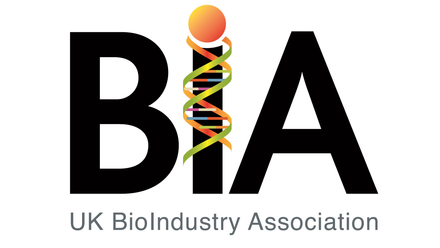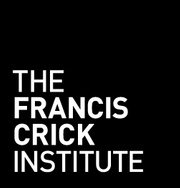The UK’s world-leading academic research community produces high-quality early-stage IP that can be developed and commercialised by the biotech industry. We work with public, government, and industry partners to improve technology transfer and drive commercialisation.
Recent activity in biotech IP and tech transfer
Intellectual Property Advisory Committee (IPAC)
The Intellectual Property Advisory Committee (IPAC) leads the BIA’s IP policy development, drawing on the expertise and experience of the membership. IPAC helps shape the environment for IP ownership and ensures strong IP protection is available for member companies. The committee includes technical experts and IP professionals from member companies and experienced lawyers from the top private practice IP member firms. Committee members work across seven subcommittees, covering Data & AI, US policy & case law, EU policy & case law, Nagoya & Access and Benefit Sharing (including Digital Sequence Information), UK case law, Trade, and Supplementary Protection Certificates & other Exclusivities.


































